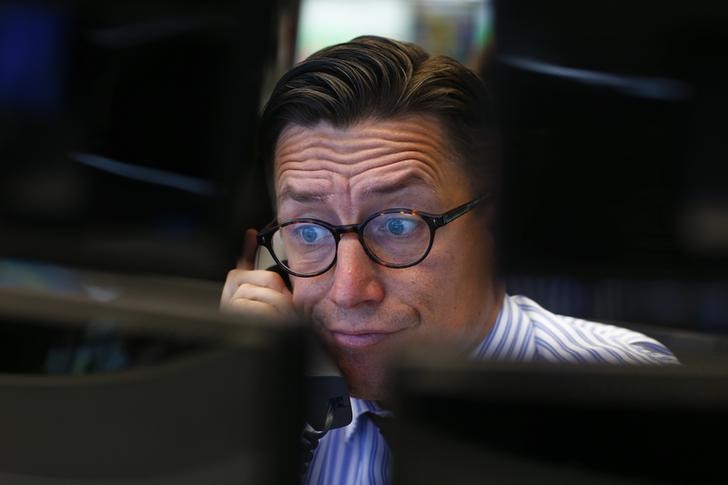Headline: How FOMO and TINA Are Propelling the S&P 500 to Record Heights in 2024
As U.S. stocks maintain their upward trend, the S&P 500 has remarkably achieved 47 record highs this year. This rally is fueled by investors driven by the fear of missing out (FOMO) on the two-year bull market. Supported by robust U.S. economic data and corporate earnings, this trend positions the U.S. as a preferred market for equity investments, with no signs of slowing down.
Both the S&P 500 and NASDAQ have surged over 20% this year, outpacing other major global indexes like Japan’s Nikkei, China’s blue-chip stocks, Asia stocks excluding Japan, eurozone stocks, and the UK's FTSE 100. Even excluding the impact of major tech companies, the equal-weighted S&P 500 index has gained 15% year-to-date.
Despite concerns that U.S. stocks may be overbought, fundamental indicators suggest otherwise. The Atlanta Fed’s GDPNow model forecasts a 3.4% annualized growth for the third quarter, the highest since July. American companies' outlook remains strong; LSEG I/B/E/S estimates predict double-digit earnings growth returning in the coming quarters, reaching around 15% by 2025.
Goldman Sachs' equity strategists predict the S&P 500 could reach 6,000 points by year-end and potentially rise to 6,270 points, reflecting historical patterns observed in election years.
In contrast, Germany faces a situation unseen in over two years, on the brink of a second consecutive annual contraction. China struggles with a significant real estate crisis and deflation risks, prompting Beijing to implement major policy measures. Japan is cautiously dealing with interest rate hikes to prevent economic stagnation.
These divergences have attracted foreign investors’ attention, and according to Goldman Sachs, foreign investors now possess a record 18% share of the U.S. stock market.
The U.S. stock market increasingly resembles its bond market counterpart with its liquidity, perceived safety, and dominance over international competitors. This dominance has caused the U.S. share of global equity market valuation to reach a record 72%.
Despite U.S. stocks being the most expensive in the developed world according to Shiller’s CAPE ratio, and having been highly valued compared to global stocks for over two decades, a dramatic reallocation by investors seems unlikely. Scott Rubner from Goldman highlights a new concern for institutional investors: the "fear of materially underperforming benchmark indices" or FOMU.
Historical data from Ryan Detrick at Carson Group shows that bull markets celebrating their second anniversary typically continue for several more years.


